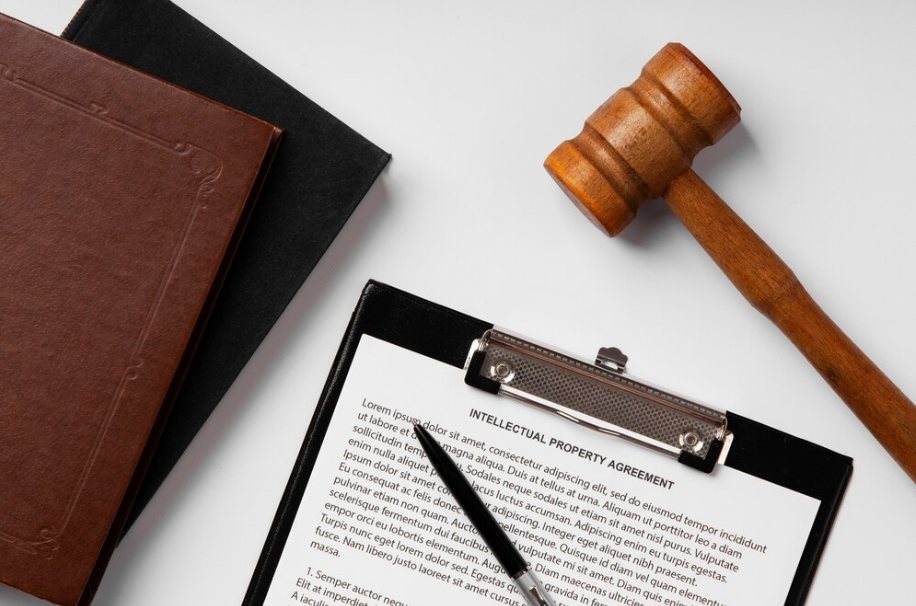A Power of Attorney (PoA) is a powerful legal tool that allows one person to delegate decision-making authority to another person, known as the agent or attorney-in-fact. Understanding when and why you might need a Power of Attorney can help you protect your interests, maintain control over your affairs, and ensure that your wishes are respected in a range of scenarios.
1. What is a Power of Attorney?
A Power of Attorney is a legal document that grants one person (the agent) the authority to act on behalf of another person (the principal) in specified legal, financial, or medical matters. PoAs are particularly useful for individuals who are unable to handle certain tasks due to physical incapacity, geographical distance, or lack of expertise in complex matters. Depending on the scope and purpose, a Power of Attorney can be limited to specific transactions or grant broad authority over a range of decisions.
2. Types of Powers of Attorney
- General Power of Attorney: Grants broad powers to the agent, enabling them to manage financial, legal, and business affairs on behalf of the principal. It is commonly used when the principal is temporarily or permanently unable to manage their affairs but is usually not suitable for health-related decisions.
- Special or Limited Power of Attorney: Grants specific, limited authority for a particular transaction, such as selling a property, handling bank transactions, or managing a specific investment. This type of PoA is ideal when the principal needs help with specific tasks but wants to retain control over other aspects.
- Durable Power of Attorney: Remains in effect even if the principal becomes incapacitated. It is often used for long-term planning, especially for individuals concerned about future incapacity due to age, illness, or disability.
- Medical Power of Attorney: Specifically grants the agent authority to make healthcare decisions on behalf of the principal if they are unable to communicate or make decisions themselves. It is often accompanied by a living will or advance directive outlining the principal’s medical care preferences.
- Springing Power of Attorney: Comes into effect only under specified conditions, typically if the principal becomes incapacitated or is otherwise unable to make decisions. This type of PoA provides flexibility while ensuring the principal’s autonomy.
3. When Might You Need a Power of Attorney?
Several scenarios can make it beneficial to set up a Power of Attorney:

a) Aging and Health Concerns
As people age, they may experience declining physical or mental health, which can affect their ability to make sound decisions. A Durable Power of Attorney or Medical Power of Attorney can ensure that trusted individuals are authorized to manage health, financial, and legal affairs, respecting the principal’s wishes when they may be unable to communicate them.
b) Long-Term Travel or Relocation
If you live abroad, travel frequently, or spend extended periods away from home, a Power of Attorney can enable a trusted representative to manage your affairs in your absence. This is especially useful for handling property transactions, business matters, or unexpected emergencies that may require prompt action.
c) Business Management
Business owners often use a Power of Attorney to authorize a trusted partner, colleague, or family member to manage business operations, sign contracts, or make key decisions in their absence. This ensures continuity and avoids interruptions that might impact the business if the owner is unavailable.
d) Preparing for Medical Emergencies
A Medical Power of Attorney is crucial if you want someone you trust to make healthcare decisions on your behalf in case of a medical emergency. This document ensures that your healthcare preferences are respected and that important medical decisions are made promptly if you are unable to communicate your wishes.
e) Planning for Future Incapacity
Long-term planning is essential for anyone who anticipates possible incapacity, whether due to age, a known medical condition, or potential unforeseen events. A Durable Power of Attorney can safeguard your interests, allowing you to designate someone to manage your affairs if you lose the ability to do so independently.
4. Benefits of Having a Power of Attorney
a) Ensuring Your Wishes are Respected
A well-structured PoA empowers your agent to act in your best interests, based on your preferences and instructions. This avoids decisions that might go against your wishes or compromise your personal, financial, or medical goals.
b) Avoiding Court-Appointed Guardianship
Without a Power of Attorney, family members may need to petition the court for guardianship if you become incapacitated, which can be time-consuming, costly, and emotionally stressful. A PoA avoids this by giving a pre-designated person authority, reducing the need for court intervention.
c) Financial Continuity
In cases of incapacity, financial obligations such as bill payments, property management, and investment decisions cannot be neglected. A Power of Attorney ensures that your finances are handled efficiently, protecting your assets from potential losses or penalties due to inaction.
d) Peace of Mind
A Power of Attorney provides peace of mind, knowing that a reliable person will handle your affairs if you are unable to do so. It allows you to retain control over your future by selecting someone you trust and establishing clear parameters for their authority.
5. How to Set Up a Power of Attorney
Establishing a Power of Attorney involves several steps to ensure its legality and effectiveness:
- Choose the Right Agent: Selecting a trustworthy and responsible individual is crucial. This person should understand your preferences and be willing to act in your best interest.
- Define the Scope and Limits: Specify the powers you wish to grant your agent. You can limit these powers to particular transactions or extend them broadly, depending on your needs.
- Understand the Legal Requirements: PoA laws vary across jurisdictions, so ensure compliance with local regulations. This often involves signing and notarizing the document and, in some cases, registering it with relevant authorities.
- Consult a Legal Professional: An experienced attorney can guide you through the process, drafting a Power of Attorney that aligns with your objectives and complies with legal requirements, reducing the risk of errors or future disputes.
- Revocation and Termination: A Power of Attorney can typically be revoked by the principal at any time, as long as they remain mentally competent. Additionally, the authority granted under a PoA typically terminates upon the principal’s death, so it is not a substitute for estate planning.

Power of Attorney Lawyer in Bangalore
6. Key Considerations
While a Power of Attorney offers numerous benefits, it is important to consider potential risks and limitations:
- Risk of Misuse: Granting decision-making power to another person carries the risk of misuse. Choose your agent carefully and consider setting up periodic reviews or appointing a secondary agent to monitor activities.
- Revoking the Power of Attorney: As long as the principal remains competent, they can revoke the PoA. It’s advisable to keep copies of the revocation document and inform relevant parties of the change.
- Expiry and Renewal: Certain PoAs, especially limited ones, may have expiry dates or conditions under which they terminate. Review these details regularly to ensure they remain in effect as intended.
Conclusion
A Power of Attorney is a practical, versatile tool that can protect your interests, streamline decision-making, and ensure continuity in personal and financial affairs. Whether you are planning for future incapacity, preparing for travel, or simply seeking to manage your affairs more efficiently, a Power of Attorney can be invaluable. Consulting with a qualified legal professional can help you draft a Power of Attorney that reflects your wishes and provides peace of mind, knowing your interests are secure, no matter what life brings.
Creating a Power of Attorney is not only about protecting your present but also about securing your future. For personalized assistance, contact us to understand how a tailored Power of Attorney can benefit you and your family.
Disclaimer:
The information provided in this article is for general informational purposes only and does not constitute legal advice. While efforts have been made to ensure the accuracy of the content, Bisani Legal and its representatives are not responsible for any errors or omissions, or for any outcomes resulting from reliance on this information. Readers are advised to consult a qualified legal professional for specific legal guidance related to their individual property matters. The use of this article does not establish an attorney-client relationship between the reader and BisaniLegal.
Published by: Mr. Saket bisani
Date: 10/12/2024


